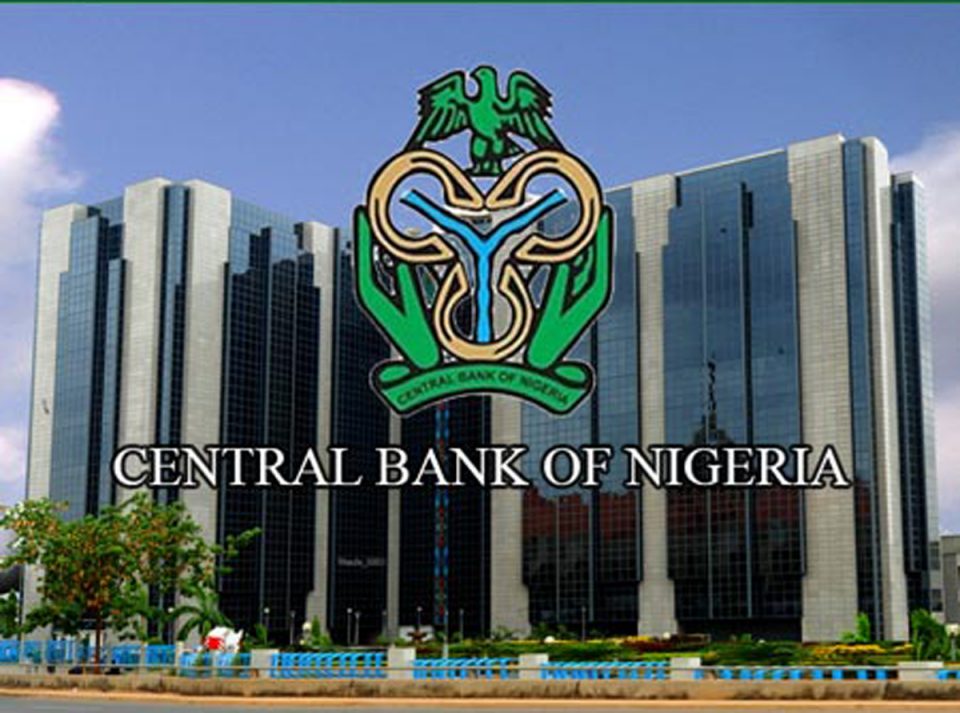The performance of Nigerian stocks in the year will depend on the monetary policy direction of the Central Bank of Nigeria (CBN).
In its 2021 outlook entitled: “Nigeria Economic Outlook 2021: A shot at recovery”, United Capital Plc stated that the decisions of the apex bank will largely determine share pricing trend at the Nigerian stock market. Nigerian equities had recorded full-year average return of 50.03 per cent in 2020.
According to analysts at United Capital, in the year, sentiment for stocks depends on the direction of monetary policy, particularly in relation to the yield environment.
“A sharp reversal of rates is likely to trigger a sell-off in the equities market considering that the current average market price-to-earnings valuation multiple of 15.2 times is considerably higher than the five-year historical average of 11.9 times. While we predict that the rate reversal, which appeared to have been triggered in December 2020, will become more apparent from second quarter 2020, the yield environment may not reverse to double digits until late 2021 or later,” United Capital stated.
Accordingly, analysts said that domestic interest, fueled by dividend expectations, is likely to sustain the stock market rally in first quarter 2021, but in the absence of foreign demand, there will be a short-term bear market from second quarter to third quarter of 2021.
On the national economy, analysts expected Nigeria’s Gross Domestic Product (GDP) growth to rebound by 1.7 per cent to two per cent, buoyed by increased economic activity and some improvements in the oil market.
According to analysts, although the reopening of the borders in fourth quarter 2020 should ease pressures on food prices, other structural factors such as foreign exchange market illiquidity and potential increases in petrol price may keep general prices elevated.
“As a result, we expect the headline inflation rate to peak at around 16 per cent before pulling back, if no further policy adjustment is made. Again, the high base effect of the headline inflation spike in third quarter and fourth quarter 2020 should moderate further increases in price levels. In response to rising inflation and in a bid to attract foreign portfolio investment (FPI) inflows to the market, we imagine that the CBN would begin to tighten its monetary policy stance at some point in second to third quarter of 2021,” United Capital stated.
On the exchange rate, analysts expected a potential convergence of rates when the CBN begins full intervention at the Investors & Exporters (I & E) window. As such, they anticipated that the parallel market will appreciate from N470/$ towards the NAFEX rate which has now been adjusted to N410/$.
Analysts said they expected the global economy to take ‘a shot at recovery’, largely due to the announcement and approval of effective COVID-19 vaccines.
According to analysts, the risks of re-emerging infections remain high, however, and much will depend on the speed, scale, and long-term effectiveness of vaccination. Away from the virus, the outcome of the recent US presidential election which will see Joe Biden replace President Trump from this Wednesday greatly reduces political risk. Also, a Joe Biden presidency is positive for global trade and efforts against climate change.
Overall, global growth is projected by the IMF to rebound by 5.2 per cent in 2021, buoyed by recoveries in emerging markets, +6.0 per cent and advanced economies, +3.9 per cent. Recovery will be aided by bold economic stimulus packages and a massive accommodative policy stance by central banks. Similarly, oil prices are expected to continue northwards but may be stuck within the $45-$55/b range if demand fails to keep up with supply.
In Sub-Saharan Africa (SSA), growth in the region will be driven by a few factors. Firstly, the capacity of SSA economies to keep the spread of the coronavirus pandemic at bay amid potential vaccination bottlenecks and financial distress will be a significant factor, as the region must avoid another round of unaffordable lockdowns.
Secondly, the implementation of the AfCFTA trade agreement, now scheduled to begin from Jan- 2021 rather than Jul-2020, and the commitment of major economies such as Nigeria and South Africa to the success of the pact are key. Finally, fiscal policy operations, supported by access to more concessional financing, relief, and private financing amid bold policy reforms, will help bolster recovery.
Overall, slower than required recovery in key markets, notably South Africa, Nigeria and Angola, will drag SSA growth in 2021. The IMF expects regional growth to rebound to 3.1 per cent in 2021 but insists that many SSA countries will not return to 2019 output levels until 2022–24.




